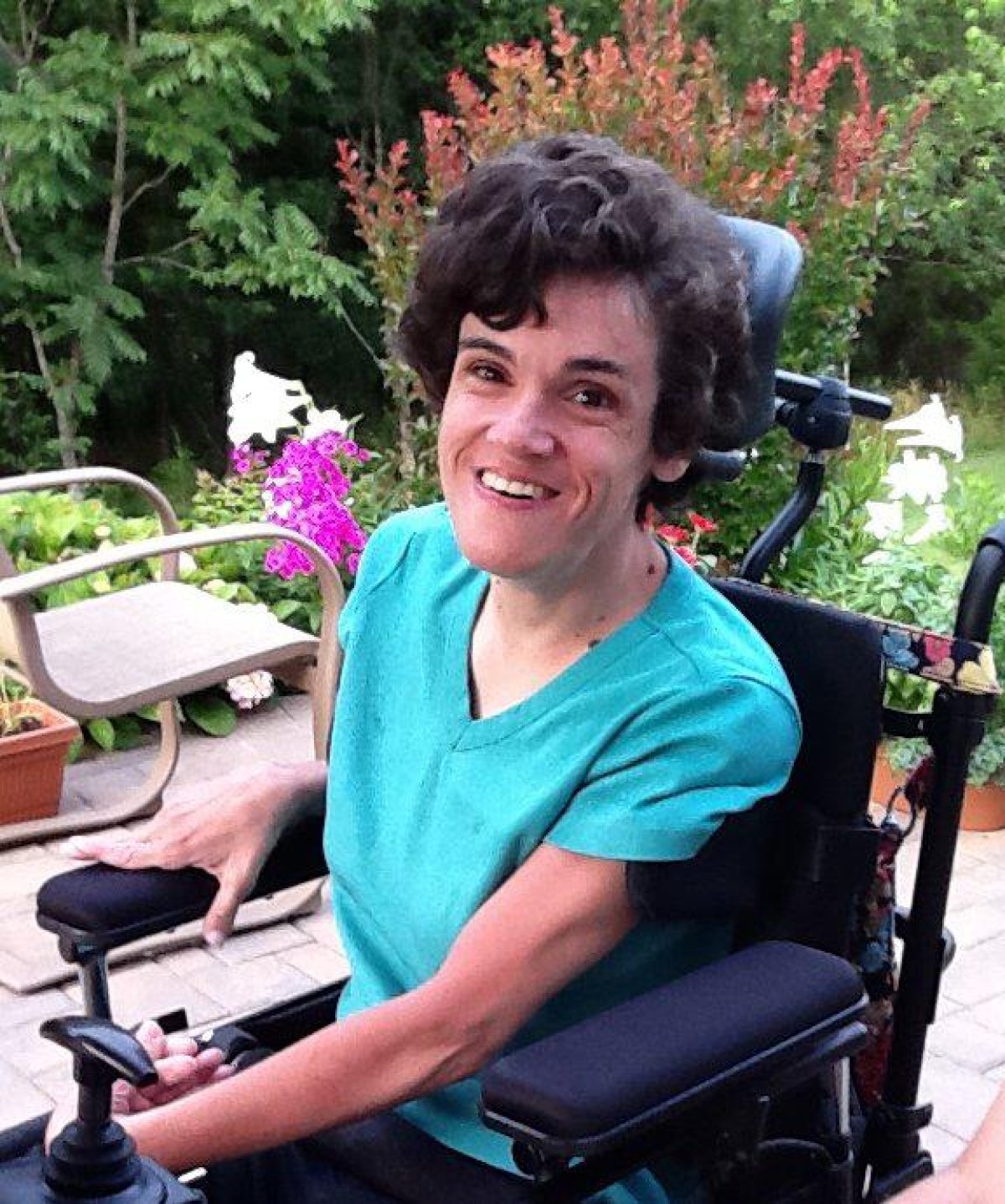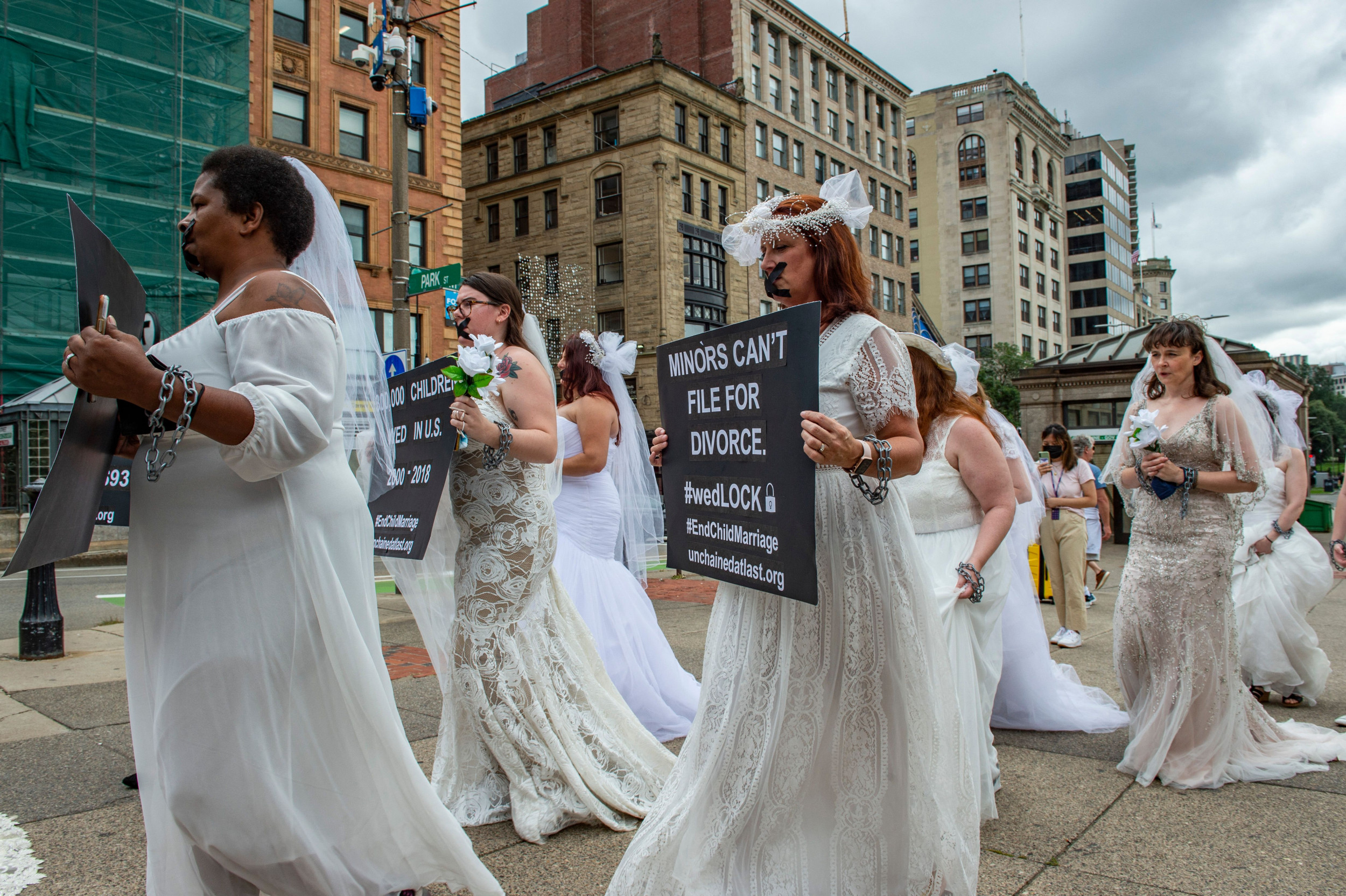Assisted suicide is spreading across the U.S. as a moral and legal option. It's currently legal in 10 states, and Vermont is pushing to become the second state to remove its residency requirement, which would allow people from across the country to receive assisted suicide prescriptions in Vermont. State legislators legalizing assisted suicide often do so in the name of protecting the disabled and chronically ill. Yet many of us with disabilities view the growing prevalence of this practice as a threat to our own lives.
Contrary to popular belief, people aren't committing assisted suicide because of excruciating pain. The top five reasons people choose to end their lives are loss of autonomy, less ability to engage in activities that make life enjoyable, loss of dignity, becoming a burden on family, friends, and caregivers, and the loss of control of bodily functions. Fearing these burdens are too heavy to handle, people look for an escape.
These are issues people like me face every day.

As a woman who has lived my entire life with severe physical impairments due to Cerebral Palsy, I've always had to rely on others for total assistance with all activities of daily living, including all the personal care I need to be a functional person.
Throughout my school years, the Individuals with Disabilities Education Act of 1975 mandated accommodations that allowed me to achieve academic success. The 1992 Americans with Disabilities Act also played an immeasurable role in making community accessible for me. A power wheelchair, handicap equipped van, and assistive technology that family, friends, and therapists worked with me to discover, modify, and use have given me independence and autonomy that I otherwise would never have had. Health insurance provided financial coverage for many of these items, which eased the financial burden of my disability.
While I am fortunate that my diagnosis is stable, I understand the fears and concerns of those with terminal illness contemplating assisted suicide. My family has made countless sacrifices to care for me. Everything from daily schedules to my parent's retirement plans to family vacations have been impacted by my disability. I totally understand the feeling of being a burden to others.
My severe speech impairment contributes to a fear that both my self-identity and the autonomy that I've struggled to achieve might be taken away as new people care for me in the future. It's also not unrealistic to fear that my life may be deemed less worthy of financial and/or medical resources because of my disability.
So I truly empathize with anyone who requests assisted suicide drugs. But we cannot allow suicide to be the solution to struggles and fears.
Instead, we need to fix the lack of support and love that leads to this tragic decision.
Too often in our society, we measure a person's value based on their success, influence, ability to contribute to society, and freedom to choose their lifestyle. These ideas are badly flawed. Human dignity is an innate part of being human.
Laws need to uphold the dignity of life for those who live with disabilities—with or without terminal illness—by protecting our lives and ensuring we have the resources to enable the best quality of life possible.
The media needs to promote respect for those who live with disabilities. It needs to stop representing suicide as an acceptable answer to disability caused by terminal illness.
The medical community and insurance companies need to apply proper care and funding equally, regardless of disability or illness. This will help avoid falling into the lie that disabilities lessen a person's worth.
Instead of pushing assisted suicide legislation, Americans should provide those with a terminal diagnosis the means to embrace their disabilities, rather than trying to escape them. Doing so will not only empower people with terminal illnesses but will also alleviate the fears of people like me who live with disabilities and wonder what the future in a country considering assisted suicide holds for us.
Megan Gannon graduated in 1997 from George Mason University. She is the author of Special Saints for Special People. Born with cerebral palsy, Megan has persevered through many physical obstacles, including speech impairment and quadriplegia.
The views expressed in this article are the writer's own.
Uncommon Knowledge
Newsweek is committed to challenging conventional wisdom and finding connections in the search for common ground.
Newsweek is committed to challenging conventional wisdom and finding connections in the search for common ground.
About the writer
To read how Newsweek uses AI as a newsroom tool, Click here.








